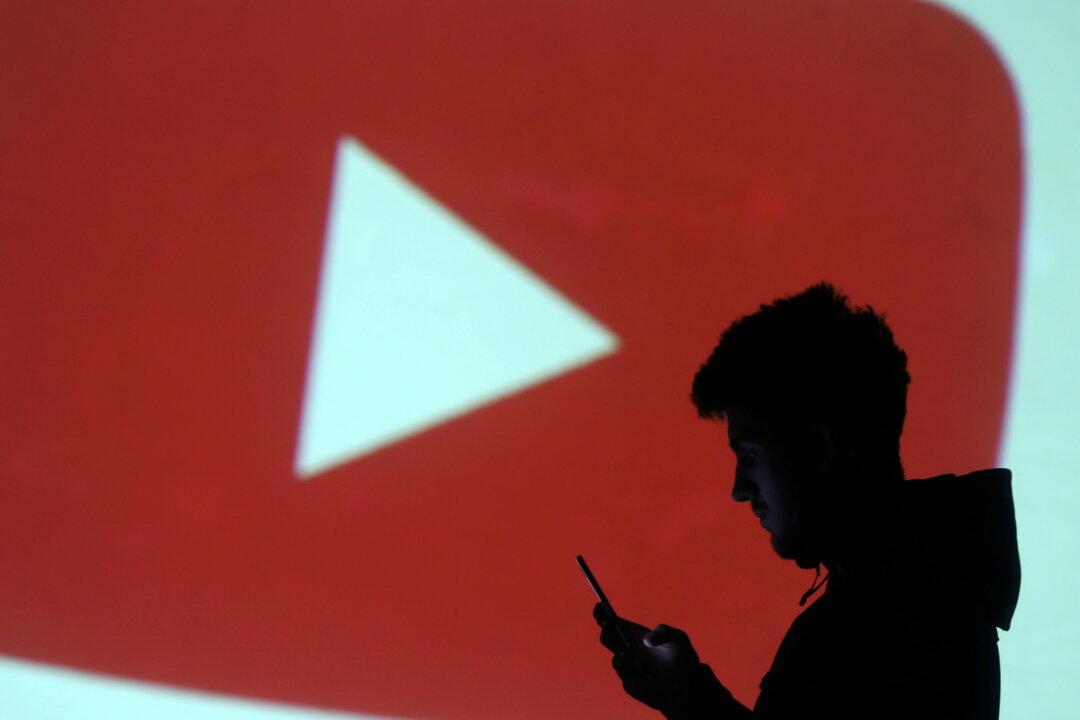Prominent health influencer “Dr. Eric Berg” has expressed his concerns over YouTube’s latest move to change its algorithms, affecting health-related content that does not align with the general medical consensus put forth by the World Health Organization (WHO).
“YouTube has just now banned anything related to health that doesn’t align with the general medical consensus,” Mr. Berg said in a video posted on YouTube on Sept. 13.





